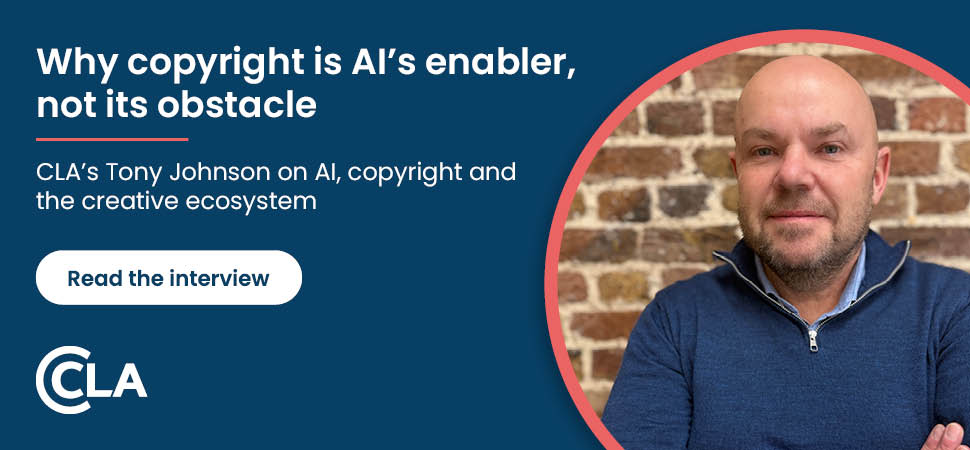Misunderstood, sometimes peripheral, always underrated: Procurement executives are the business world’s very own goth music scene. And just like the great goth bands, they had their heyday when things were tough.
After the 2008 crash, when CFOs were busy turning budgets into confetti, it was frequently their counterparts in procurement that delivered huge cost savings, found efficiencies in the supply base and protected the organisation from the deluge of risk scenarios in the global market.
Today, despite these efforts, people don’t get procurement. And they don’t always get themselves. Ask most senior individuals in the function how they got into their role and they’ll probably tell you they fell into it by chance; ask them what their biggest challenge is, and it’s probably actually being able to influence the business. At conferences the phrase is often uttered: ‘We need to talk the language of the business’. It’s infuriating, actually, that this seems to be such a feat of translation, when ultimately procurement’s impact can be seen in the speed and security of supply, and in the P&L.
The problem, again, is perception —in this case, how we see value. In less sophisticated functions, procurement is a lever to crank up the pressure on suppliers and, importantly, to cut costs. And while it’s a focus on cost that’s often the reason that procurement gets the platform it does, those principles and that mind set can hold the talented individuals in the function back from achieving far greater results.

A couple of examples might serve to illustrate. Manufacturer Electrolux invested in a supplier innovation programme to work with strategic suppliers to build relationships, capture ideas and convert them into revenue-generating opportunities. In one of their products, a dishwasher, it was supplier technical expertise that helped them unlock a new design that would increase wash loads and make them more power efficient. A simple solution, but the conditions for that to be realised required a sophisticated set up.
Another scenario: When in 2011, an earthquake and tsunami hit Japan, it had far-reaching consequences for supply chains that rely on parts made in some of the key manufacturing regions affected. Those companies that had visibility into their supply chains and had planned alternative sources of supply were able to adapt and minimise delays, while others simply had to stop production until they could work out the extent of the disruption.
Sophisticated procurement reaches into every aspect of the business, but when it’s at its most effective, you don’t see it. But for businesses that rely on quality, consistency and security of supply, protection against volatile commodity prices, market intelligence, corporate social responsibility; a strategic approach to procurement is essential.
Limiting the roles of these teams to cost-cutters inhibits their impact and drives their narrow behaviour. Understanding them as an ally can be an unexpected game-changer. Switching to a more strategic, value-oriented approach to procurement doesn’t come at the expense of profitability, rather it seeks to take the benefits of having procurement expertise driving bottom-line savings and complement it with top-line contribution.
Today, when the consumer purchasing experience is so smooth (think one-click shopping on your mobile) and when we’re used to having everything on demand, the pressure is on procurement to make use of the technology to deliver something seamless. But without that relationship with the business and that appreciation of the value beyond cost savings, these talented teams remain in the shadows.



